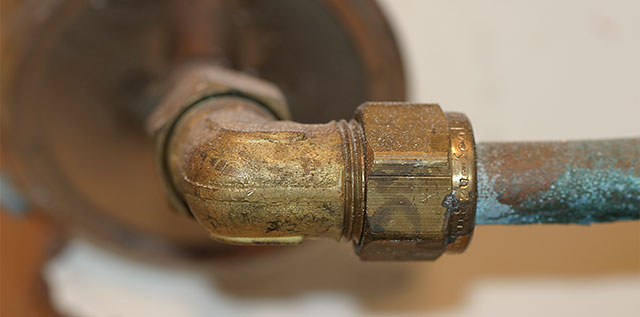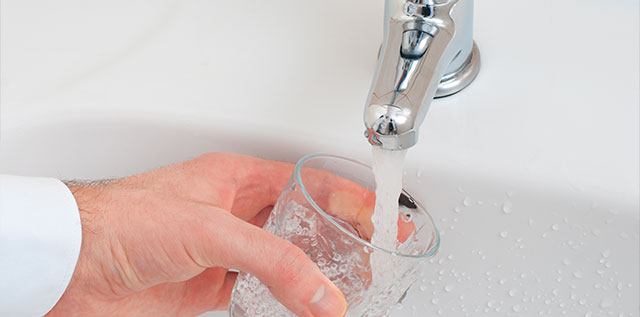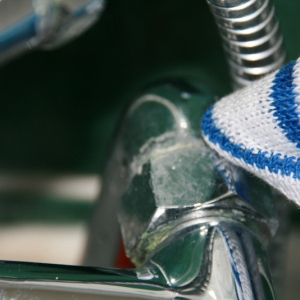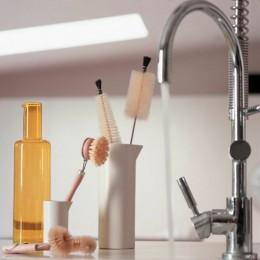Causes of Limescale Problems
Heating systems such as hot-water boilers and kettles always develop a hard and chalky deposit on their heating surfaces. This deposit is referred to as Limescale, and is formed by calcium carbonate present in the water. The amount of deposition is normally directly proportional to the concentration of the calcium carbonate.
The direct effects of Limescale problems include; damage to the system’s components and general reduction in operation levels. Heating systems should therefore be well maintained to prevent this deposition. You can find further information at the Water Guide website


 In the context of home improvement, the term
In the context of home improvement, the term  For many households, the task of keeping your home clean and tidy is just a minor part of your busy cleaning schedule. The last thing you would need is either one of your most used kitchen appliances playing up or under performing, or your central heating system breaking. The main culprit for such misfortune could be down to the build up of limescale within your central heating systems pipes or kitchen appliances. It is a problem which many homes within the UK are having to deal with, and it is something which can be prevented. This article take a look at what is limscale build up, and how to treat it.
For many households, the task of keeping your home clean and tidy is just a minor part of your busy cleaning schedule. The last thing you would need is either one of your most used kitchen appliances playing up or under performing, or your central heating system breaking. The main culprit for such misfortune could be down to the build up of limescale within your central heating systems pipes or kitchen appliances. It is a problem which many homes within the UK are having to deal with, and it is something which can be prevented. This article take a look at what is limscale build up, and how to treat it.